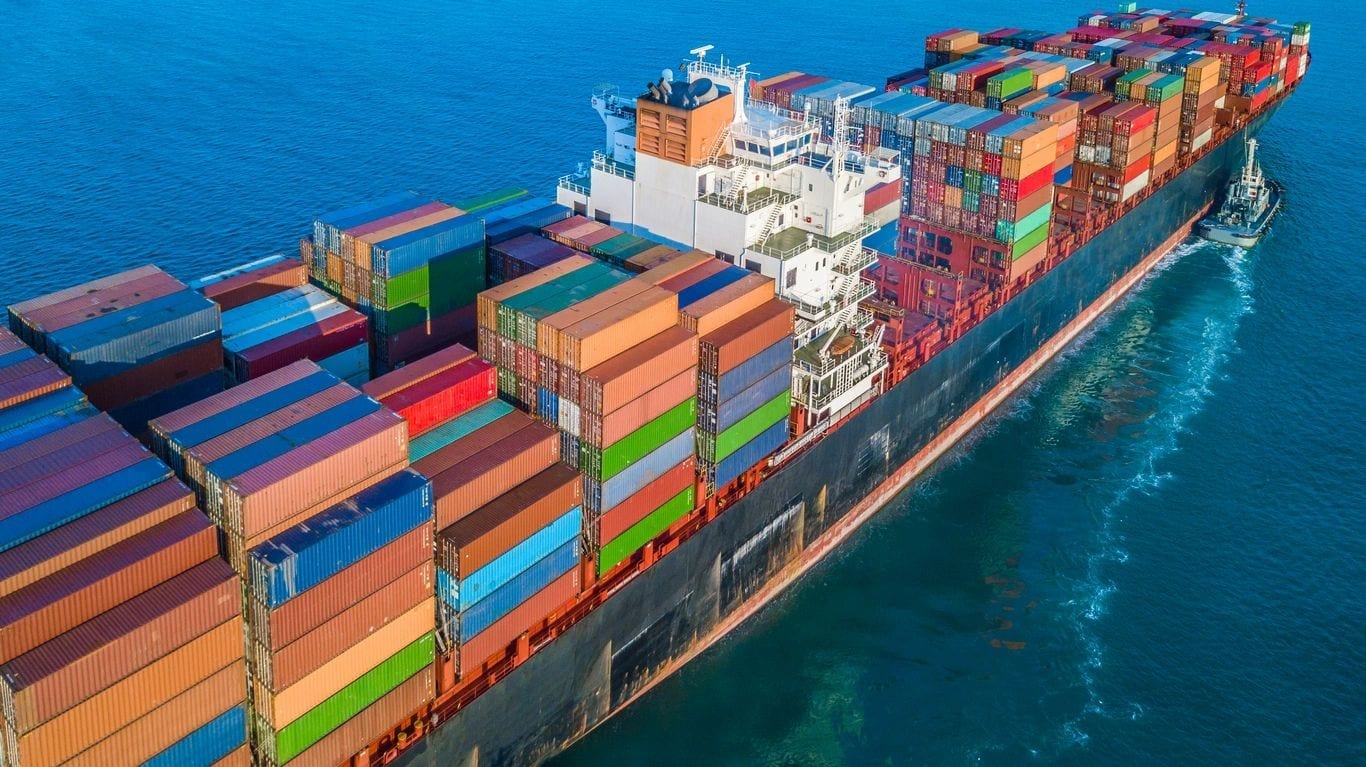
US Steps Up Actions Against Forced Labor as Congress Considers Further Measures
The US Government has taken action recently to step up enforcement against forced labor.
As particular regions come under increased media scrutiny, the issue has renewed interest in Congress, which is considering several bills to enhance forced labor enforcement. Moreover, with the United States taking a “whole-of-government” approach against goods made from forced labor, it is critical that companies act now to mitigate risk in their supply chains. We describe these actions in further detail below.
Congressional Action
- On September 22, 2020, the US House of Representatives overwhelmingly passed the Uyghur Forced Labor Prevention Act (UFLP). The UFLP seeks to prevent forced labor-derived imports from China, especially the Xinjiang Uyghur Autonomous Region (Xinjiang), impose sanctions on violating entities, and establish new disclosures to the Securities and Exchange Commission of certain activities related to Xinjiang.
- Later on September 30, 2020, the House passed a related bill, the Uyghur Forced Labor Disclosure Act of 2020 (UFLD). The UFLD would require additional disclosures without providing exceptions established under the UFLP.
- On October 15, industry and trade associations submitted a letter to Senate leadership on the Committees on Foreign Relations, Finance, and Banking, Housing and Urban Affairs in which they urged the Senate to consider modifications to the rebuttable presumption under the UFLP that all goods from Xinjiang are prohibited from entry into the United States and the disclosure provisions under the UFLP and UFLD.
Executive Action
- While Congress has been working on this legislation to target supply chains that use forced labor in Xinjiang, on July 1, the Departments of State, Commerce, Homeland Security, and the Treasury issued a Xinjiang Supply Chain Business Advisory highlighting the reputational, economic, and legal risks to businesses with potential exposure in their supply chains to Xinjiang or to facilities outside Xinjiang that use labor or goods from Xinjiang. The Advisory includes analysis on:
- Assisting in developing surveillance tools for the P.R.C. government in Xinjiang;
- Relying on labor or goods sourced in Xinjiang, or from factories elsewhere in China implicated in the forced labor of individuals from Xinjiang in their supply chains, given the prevalence of forced labor and labor abuses in the region; and
- Aiding in the construction of internment facilities used to detain Uyghurs and members of other Muslim minority groups, and/or in the construction of manufacturing facilities that are in close proximity to camps operated by businesses accepting subsidies from the P.R.C. government to subject minority groups to forced labor.
- On July 31, the Department of the Treasury’s Office of Foreign Assets Control (OFAC) blocked the property and interests in property of the Xinjiang Production and Construction Corps (including all of its 50% or more owned subsidiaries) and two related officials for their connection to serious human rights abuse in Xinjiang.
- On September 30, the Department of Homeland Security’s Customs and Border Protection (CBP) issued a new Withhold Release Order targeting palm oil from Malaysia produced with forced labor.
- Also on September 30, the United States Department of Labor’s Bureau of International Labor (ILAB) released the annual List of Goods Produced by Child Labor or Forced Labor.
Read more here.
